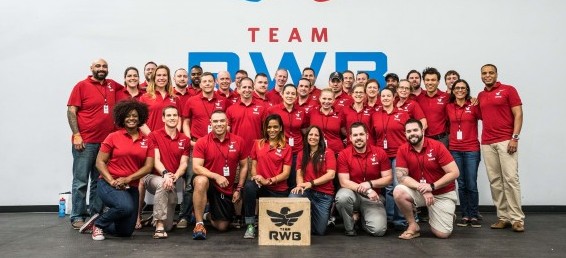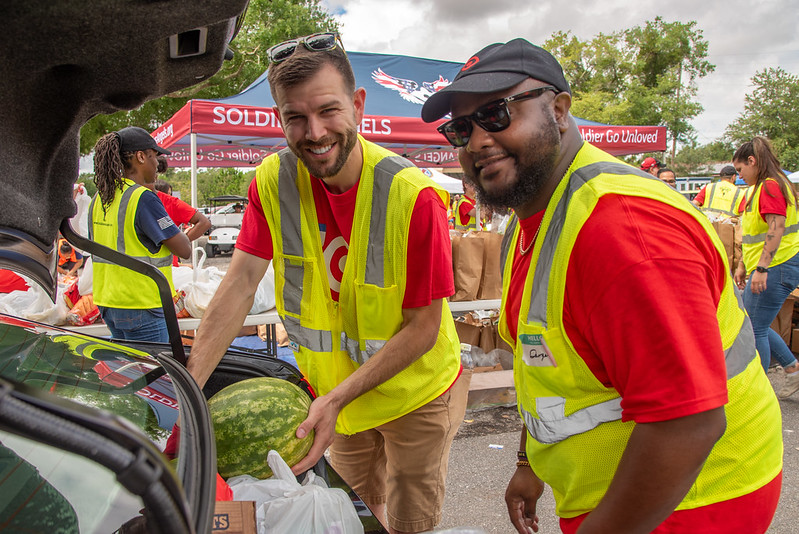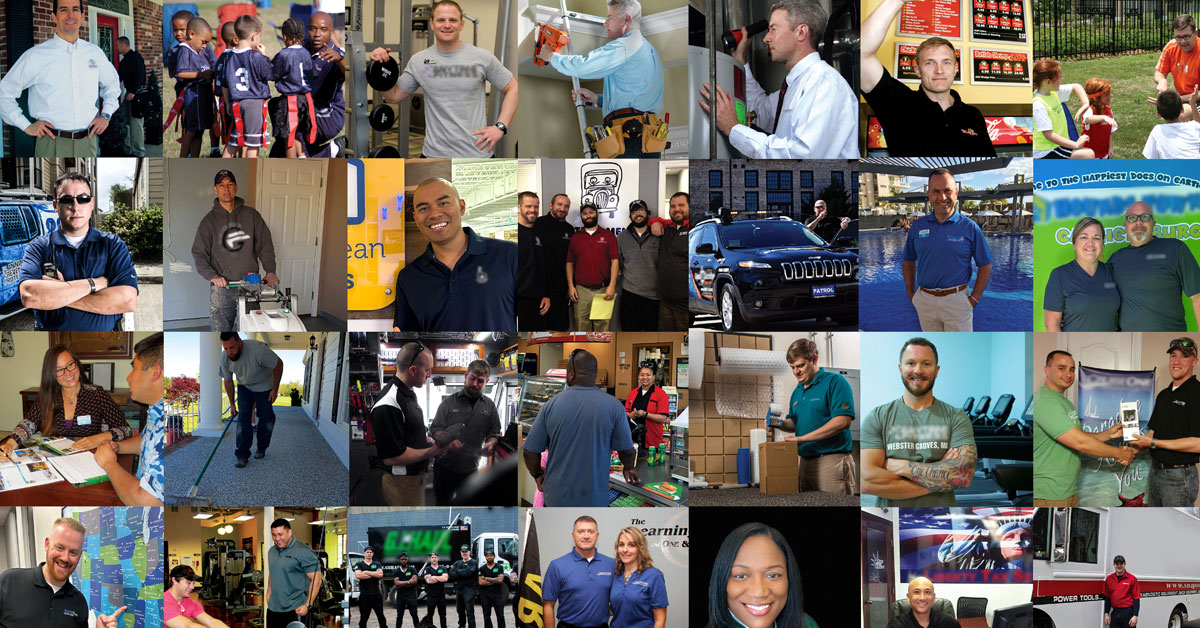This article originally appeared on the Team RWB blog.
“You are not here merely to make a living. You are here in order to enable the world to live more amply, with greater vision, with a finer spirit of hope and achievement. You are here to enrich the world,” said Woodrow WIlson, former president of the United Sates.
Spoken in 1913, Wilson’s words echo just as true today. These words resonate with the volunteer leaders of Team Red, White & Blue (Team RWB) all across the country. Team RWB exists to enrich the lives of our nation’s Veterans by connecting them to their communities through physical and social activity. We’ve found that the best way to enrich lives and change communities is through local, consistent engagement and interaction.
This is made possible by our Eagle Leaders.
Leaders that are motivated, inspired and have the right resources and mentors will be effective each and every day. Our vision is that Team RWB will have a leading role in transforming our communities — showing America what it means to start working together again, and start moving forward in a positive direction.
Since we understand the critical role that leadership plays in our organization, we will invest heavily in our leaders through the Eagle Leadership Development Program. As part of this investment, Team RWB launched the first Eagle Leader Academy at our headquarters in Tampa, Florida, in March. The academy featured 15 Eagle Leader fellows (leaders selected to take part in a 12-month fellowship), over a dozen chapter captains from across the country, and a handful of new executive staff members.
The three-day academy provided an opportunity for leaders from across the organization to come together under one roof to discuss Team RWB’s brand of leadership. Our leaders spent time working out together, sharing meals together, but more importantly, discussing our ethos, values, and culture, and what it means to be an Eagle Leader. The academy opened with each leader sharing their personal story and their ‘why.’ Why Team RWB? Why they choose to be a leader in the organization, and why it matters.
The academy also served as an orientation for our 15 Eagle Leader fellows. Here at Team RWB, we believe in the 10/20/70 model for learning and development: 10 percent education, 20 percent mentorship and 70 percent just rolling up the sleeves, and being given a chance to lead in a positive environment. Over the next 12 months, our Eagle Leader fellows will be immersed in leadership training and development consisting of education, experiences and mentorship. Eagle Leader fellows will pursue a fully funded accredited certificate in leadership (or equivalent external leadership education) from top universities and programs in addition to the full complement of Team RWB leader development curriculum. Each candidate will also have full access to attend Team RWB athletic and leadership camps, as well as leadership seminars and summits. And most importantly, each candidate will be mentored by actively working on projects with their Team RWB regional teams, to put their leadership education and experiences into action.
In the end, these Eagle Leaders came to Tampa to develop their leadership skills to go back home to enrich veterans’ lives, to enrich their communities, and in turn, to enrich the world.
This article originally appeared on the Team RWB blog.
About the author: Joe Quinn is Director of Leadership Development for Team RWB.
Topics in this story
More Stories
Soldiers' Angels volunteers provide compassion and dedication to service members, Veterans, caregivers and survivors.
Veterans are nearly three times more likely to own a franchise compared to non-Veterans.
The Social Security Administration is hoping to make applying for Supplemental Security Income (SSI) a whole lot easier, announcing it will start offering online, streamlined applications for some applicants.







They need a program for the older men and women
It sounds like it is for a select few young men. Is there such a program for us old guys who are retired, who have time to dedicate to public service and the training to make it a lot more productive. I would like some advanced training in an area like disaster preparedness something like CERT, but with a lot more training in management and communications. Regional sessions of 3 to 5 days a couple times a year. Where I am now in a coastal area there is the consideration or earthquake and tsunami.